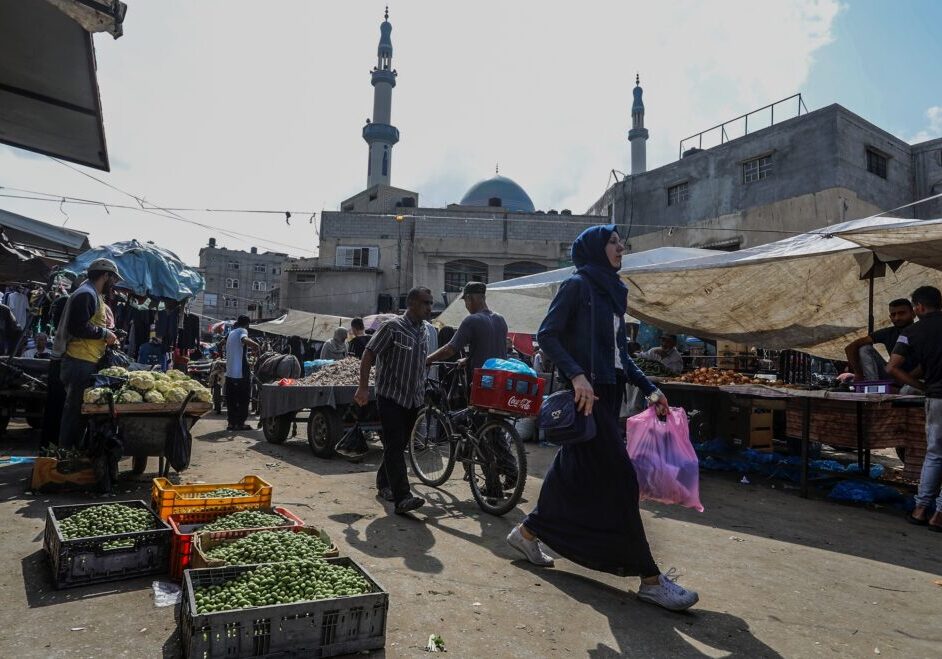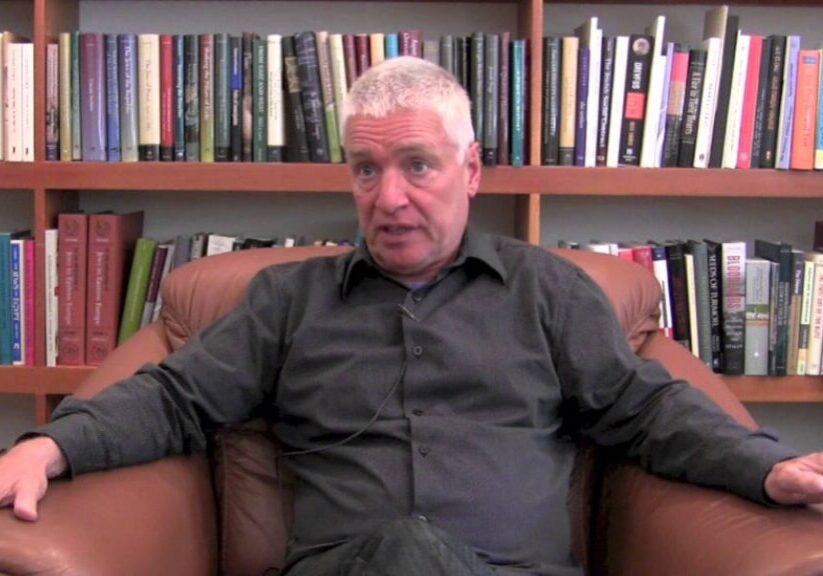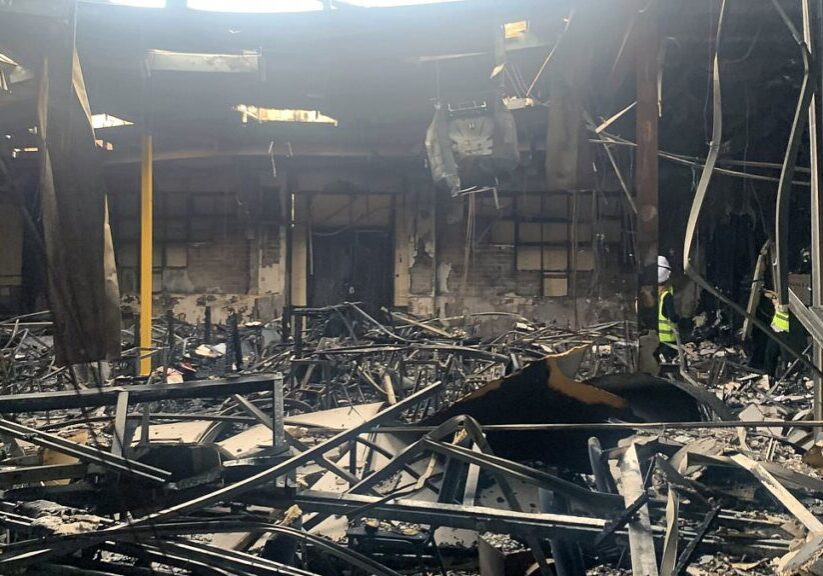Australia/Israel Review
Editorial: Lessons of the Gaza scandal
Aug 31, 2016 | Colin Rubenstein
Colin Rubenstein
Over the past couple of months, a vile scandal has been in the process of unravelling in Gaza. At its core are charges that Hamas – the terror group that rules the territory – has infiltrated charities, NGOs and even UN agencies to steal aid.
Israeli prosecutors say they will prove Hamas used these recruits to siphon away millions of dollars intended to help needy Palestinians. The charges say Hamas diverted these funds towards developing its terror infrastructure and ensuring its supporters receive preferential treatment.
Shortly after Israel went public with its arrest of World Vision’s (WV) manager of operations in Gaza on August 4, Anshel Pfeffer, an analyst for the Israeli left-wing daily Haaretz and no supporter of Israel’s current right-leaning government, offered three prescient observations on Twitter.
Major NGOs conduct serious audits, wrote Pfeffer, and he felt certain they “tried to in Gaza”.
He further noted that Israel’s internal security agency Shin Bet had “for years” suspected Hamas had been somehow using humanitarian aid dollars distributed through NGOs as a funding source, so the fact that the Shin Bet was now ready to make arrests suggested their case was likely “near-watertight”.
Finally, he predicted that if Hamas had indeed found a way to circumvent even the best audits, “World Vision won’t be the last case”.
Indeed, within days, the bigger picture began to develop of a pattern of infiltrations and manipulation across the foreign aid spectrum of NGOs and UN bodies in Gaza.
Front and centre were the charges of outright fraud, with the WV manager accused of diverting 60% of the charity’s annual budget for Gaza to Hamas (approximately $7.2 million per annum).
Furthermore, it is alleged that 40% of the funds intended for civilian projects were instead given in cash to Hamas combat units.
Subsequently, it was alleged that an official of the charity Save the Children had been recruited by Hamas.
Days later, a Palestinian engineer who has worked with the United Nations Development Program (UNDP) was arrested for providing material assistance to Hamas – using UNDP funds to build Hamas naval infrastructure and abusing his position by prioritising the UN rehabilitation of neighbourhoods containing Hamas strongholds.
The sheer breadth of these scandals suggests a Hamas strategy to systematically exploit as many aid agencies as possible – agencies that are supposed to be there to provide civilian aid.
In response to these allegations, some observers have accused Israel of exaggerating the extent of the problem for political gain or even fabricating the charges altogether.
For those who routinely vilify Israel, such sensationalist conspiracy theories have their appeal. Yet even analysts very critical of Israeli policies towards the Palestinians, such as Pfeffer, have expressed complete confidence that – especially given the diplomatic risks involved – Israel would not have pressed charges if it didn’t have strong evidence to substantiate them.
Others have tried to turn the tables on Israel. Pointing to how countries like Germany and Australia have suspended aid to World Vision pending an investigation, these critics have complained that – by exposing the corruption – Israel is taking away money from needy Palestinians who still depend on aid from the NGOs.
Such criticism has often been couched in the form of mixed messages.
WV Australia CEO Tim Costello told the ABC, “If even $10 was diverted away from children or to terror, that is instantly sackable with us. We have nothing to do with terrorist organisations. We have nothing to do with fraud.”
This unequivocal statement was both welcome and necessary, and if backed up in deeds, portends well for the integrity and future of WV.
Unfortunately, Costello’s statement contrasts with those of his organisational colleague, WV International CEO Kevin Jenkins. On August 8, Jenkins said, “It is tragic that this issue is taking us away from our work on important issues of injustice and poverty affecting billions of children around the world.”
The inference from such a statement is worrying. It implies that – even if it proves true that Hamas has been quietly stealing money from NGOs – if that is the price that needs to be paid to help others, including innocent Palestinians, it’s worth it. According to this view, the real “tragedy” is not the crime of supporting Hamas’ terror activities with humanitarian aid dollars but exposing that crime, thereby undermining donations for the NGO’s charitable projects worldwide.
It goes without saying that going down this path would be the fast track to moral and financial bankruptcy for NGOs like World Vision. If charities, NGOs and UN organisations want to help Palestinians, they can’t turn a blind eye to exploitation by Hamas and other terror organisations. No governments and few private donors are going to accept the argument that effectively aiding a proscribed terrorist organisation to build up its military capacity is just the “price of doing business” in helping Gaza civilians.
Meanwhile, the apparent infiltration of World Vision by Hamas should be a warning to foreign journalists who so often treat the reports and press releases from NGOs almost like unchallengeable pronouncements from the heavens. NGOs are not simply disinterested humanitarians – they have their own interests, funding pressures, limitations, worldview, and can be captured by ideologies or the political priorites of their “constituents” even when they are not directly infiltrated by terrorists. Like every other actor, their claims need to be independently investigated, scrutinised and verified.
The apparent ease by which Hamas was able to recruit people within multiple organisations to allegedly commit crimes on its behalf only underlines this obvious point.
In fact, all reports filed under the intimidating backdrop of the violent and authoritarian Hamas regime in Gaza – reports which often pronounce harsh political judgments against Israel – should now be treated by journalists, prima facie, with a higher degree of scepticism than they have in the past.
Tags: Israel






